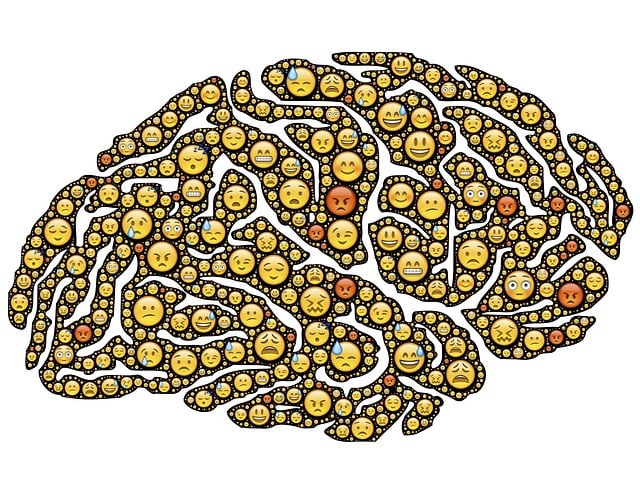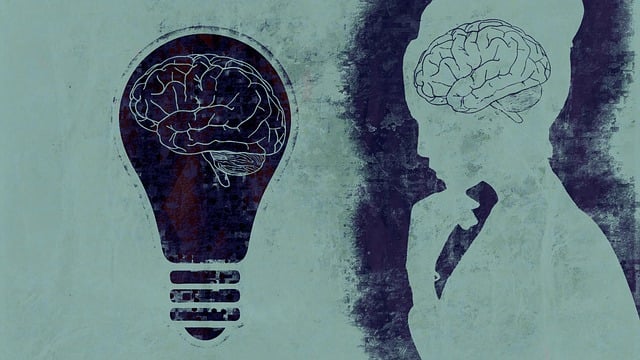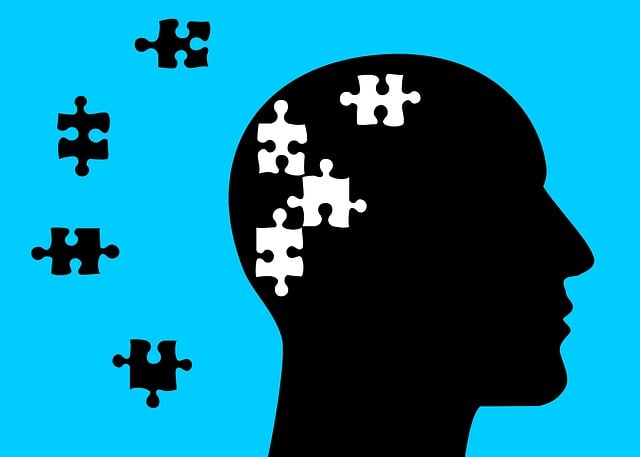Facilitating therapy for Mandarin Chinese speakers requires cultural sensitivity, adapting communication methods to overcome language-based assumptions and create inclusive environments. Key strategies include active listening, culturally adapted language, building trust through non-verbal cues, and incorporating positive thinking exercises in group settings. Clear rules, active participation through skills development, and peer support foster open sharing and successful burnout prevention. Structured stress management workshops enhance mental wellness for this demographic, ensuring tailored, effective therapy.
“Explore effective group facilitation techniques tailored for Mandarin Chinese speaking communities in this comprehensive guide. Discover how cultural sensitivity, robust communication strategies, and structured environments foster mental wellness. Learn to create safe spaces that encourage open dialogue, active participation, and peer support. This article delves into practical tools for facilitating therapeutic groups, catering specifically to the unique needs of Mandarin Chinese speakers seeking mental health support.”
- Understanding Cultural Sensitivity in Group Facilitation for Mandarin Chinese Speakers
- Effective Communication Strategies for Building Trust and Connection
- Facilitating Safe Spaces: Creating a Supportive Environment for Open Dialogue
- Techniques for Encouraging Active Participation and Peer Support within the Group
Understanding Cultural Sensitivity in Group Facilitation for Mandarin Chinese Speakers

Facilitating therapy sessions for Mandarin Chinese speakers requires a nuanced understanding of cultural sensitivity. It is essential to recognize that language carries cultural nuances and assumptions, which can significantly impact communication in therapeutic settings. For example, direct eye contact or certain gestures might be perceived differently across cultures. Therefore, facilitators must adapt their approach to create a safe and inclusive environment for Mandarin Chinese participants.
Cultural sensitivity involves developing empathy and an awareness of potential barriers to open communication. By employing strategies like active listening and clear, culturally adapted language, facilitators can foster meaningful connections with the group. This is particularly crucial in addressing issues like burnout prevention and building empathy among participants. Additionally, understanding cultural differences in communication styles enhances overall engagement and encourages effective participation in therapy sessions tailored for Mandarin Chinese speakers.
Effective Communication Strategies for Building Trust and Connection

In facilitating a mental wellness group for Mandarin Chinese speaking individuals, establishing trust and connection is paramount. Effective communication strategies begin with active listening, where facilitators show genuine interest in each participant’s experiences and perspectives, fostering an environment of understanding and empathy. This can involve paraphrasing, summarizing, and asking clarifying questions to ensure clear comprehension and encourage open dialogue.
Non-verbal cues such as eye contact, body language, and tone of voice also play a crucial role in building rapport. Facilitators should be mindful of cultural nuances, adapting their communication style to resonate with the group’s diverse backgrounds. Incorporating positive thinking exercises, like gratitude practices or optimistic affirmations, can enhance group dynamics. Even integrating elements from a Mental Wellness Podcast Series Production or Mindfulness Meditation sessions can provide valuable tools for participants to process and share their experiences in a more reflective manner, deepening connections within the group.
Facilitating Safe Spaces: Creating a Supportive Environment for Open Dialogue

In facilitating mental wellness groups for Mandarin Chinese speaking individuals, creating a safe and supportive environment is paramount. This involves establishing clear ground rules that emphasize confidentiality, respect, and non-judgmental attitudes. By fostering an atmosphere where every participant feels comfortable sharing their experiences and emotions openly, facilitators can unlock a powerful dynamic that enhances therapy for Mandarin Chinese speaking communities.
Encouraging active participation through techniques like conflict resolution training and coping skills development not only strengthens group bonds but also equips members with practical tools to navigate mental health challenges. Moreover, recognizing the unique cultural nuances of the community ensures that interventions are culturally sensitive, increasing the likelihood of successful burnout prevention strategies and meaningful dialogue.
Techniques for Encouraging Active Participation and Peer Support within the Group

Encouraging active participation is a cornerstone of effective group facilitation, especially within therapy sessions tailored for Mandarin Chinese speaking individuals. Incorporating interactive activities and open-ended discussions creates an inclusive environment where participants feel empowered to share their experiences. Facilitators can promote engagement by asking thought-provoking questions, fostering meaningful conversations around mental wellness topics relevant to the group’s culture and language. For instance, incorporating Mind Over Matter principles through cultural-specific exercises allows participants to explore stress management techniques that resonate with their unique backgrounds.
Peer support is another vital aspect of group therapy. Creating safe spaces for members to offer encouragement and understanding fosters a sense of community. Training facilitators in Cultural Sensitivity in Mental Healthcare Practice ensures that interactions are respectful and adaptable to individual needs, promoting open dialogue. Well-structured Stress Management Workshops Organization within the framework of group sessions can equip participants with practical tools while encouraging peer collaboration. This collaborative approach enhances the overall mental wellness journey for Mandarin Chinese speaking individuals seeking therapy.
Group facilitation techniques play a pivotal role in enhancing mental wellness, especially for Mandarin Chinese speaking individuals. By incorporating cultural sensitivity, effective communication strategies, safe space creation, and active participation encouragement, therapists can foster supportive environments that encourage open dialogue and peer support. These approaches not only improve individual well-being but also contribute to a vibrant tapestry of understanding within diverse communities, ensuring therapy is accessible, inclusive, and life-changing for all.











